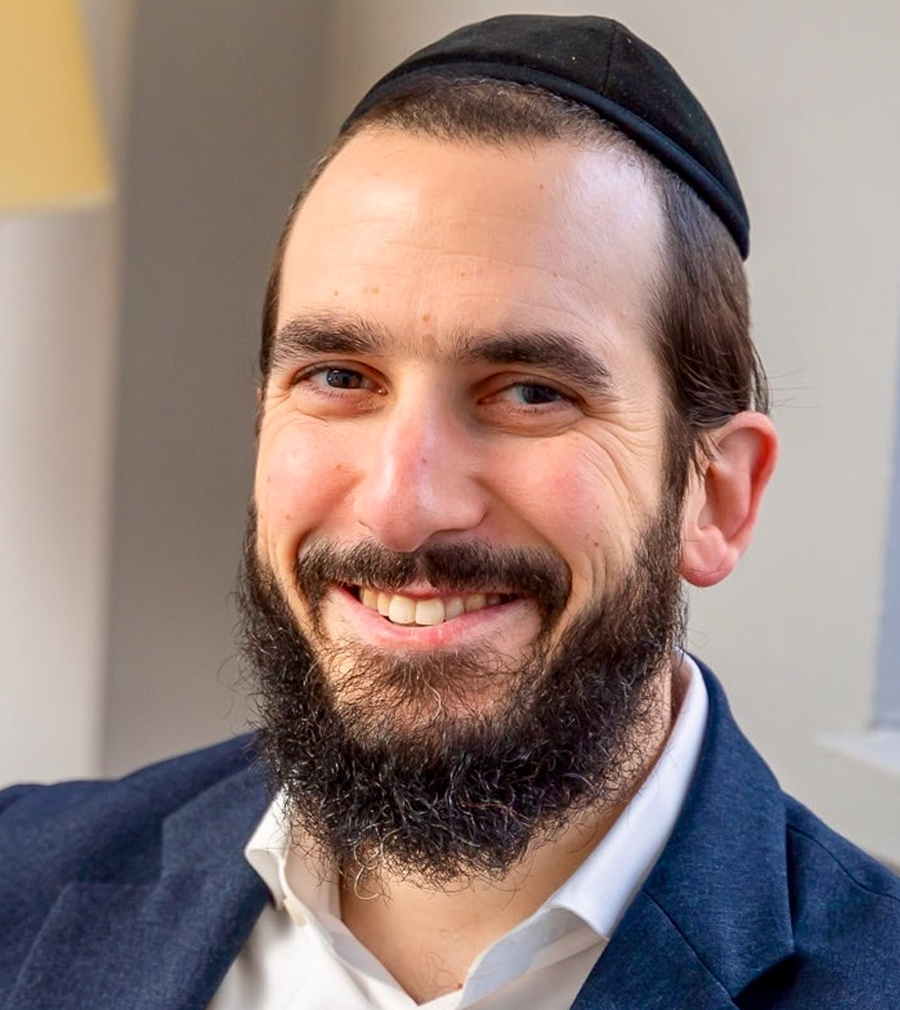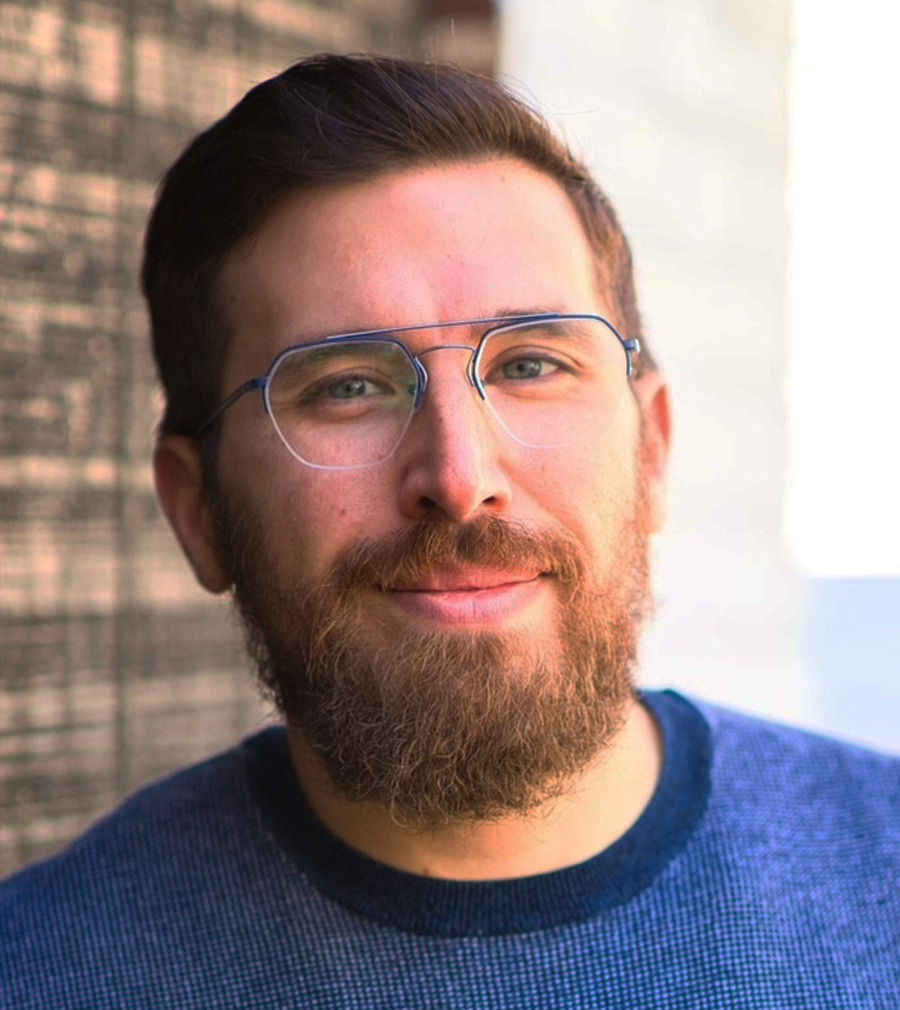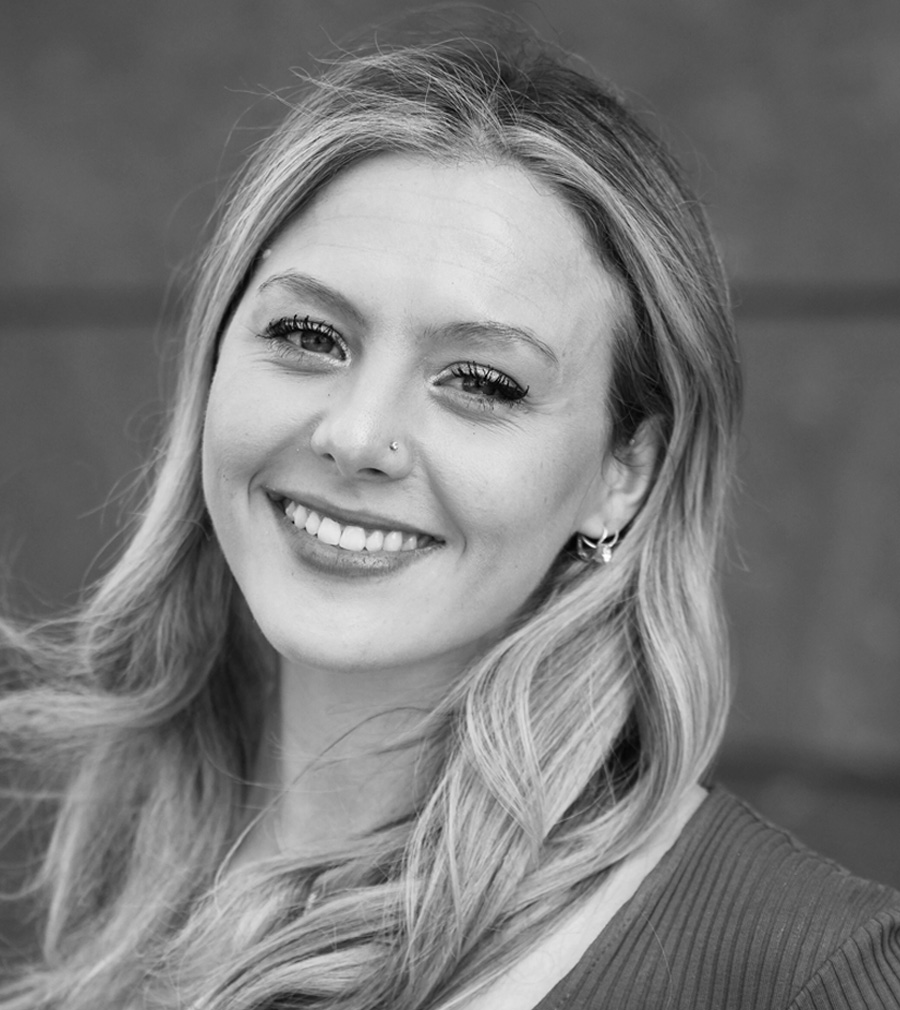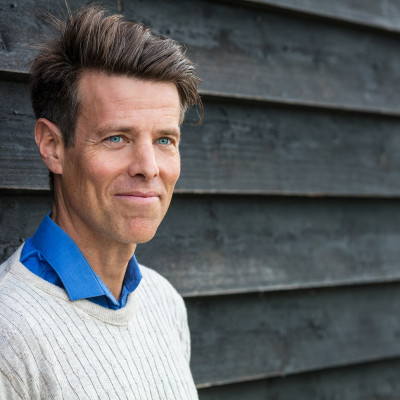
Meet the Founders of Campus DBT

Adam Schachar LCSW, Founder
A passionate and empathetic professional, Adam has dedicated his career to exploring, understanding, and harnessing the benefits of DBT in the pursuit of better mental health.
Clinically, he has been intensively trained and supervised in DBT by Dr. Charles Swenson, DBT-PE (prolonged exposure) for trauma by Dr. Melanie Harned and Dr. Lorie Ritschel, DBT-A by Dr. Alec Miller and Dr. Jill Rathus (online), TF-CBT (trauma focused) by Dr. Elissa Brown, Coping Cat (for child anxiety) by Dr. Phillip Kendall, and Essentials of CBT/CBT for Depression/CBT for Anxiety by Dr. Judith Beck (online).
Prior to founding Campus DBT, Adam ran the young adult program at an adherent DBT practice. Here he nurtured the thought that accessibility and practicality were the keys to delivering benefits that have an enduring, positive impact – a core mission of Campus DBT today.
Academically, Adam graduated Cum Laude with his BA from Yeshiva University. He went on to earn his MSW from Long Island University Brooklyn and was awarded the Dean’s Scholar Award for Academic Excellence. He is currently undertaking a PhD in social work at Adelphi University, with DBT as his research focus. He is an adjunct professor at Yeshiva University’s Wurzweiller School of Social Work.
Jonathan Buchsbayew LCSW, Founder
A highly qualified yet approachable and affable DBT guru, Jonathan has made the deployment of DBT to help people combat challenges his life’s work.
Jonathan received his master’s degree in social work from Fordham University and has worked extensively in the field of substance abuse, addiction, and mental health since 2005. In 2015, Jonathan was intensively trained in DBT by Behavior Tech. Jonathan also has specialized training in CBT, addiction, trauma, EMDR and Accelerated Resolution Therapy (ART).
Prior to co-founding Campus DBT with Adam, Jonathan was the Clinical Director for New York Center for Living, alongside being Clinical Supervisor at OHEL Children’s Home and Family Services, where he had oversight of and was responsible for training and integration of DBT into the clinical programming.
He also served as Clinical Co-ordinator at The Living Room, a Brooklyn based program for young adults in recovery. He has also taught as an adjunct professor at Touro University. A published author, he co-authored Stepping Out of the Abyss: A Jewish guide to recovery (Mosaica Press, 2017).


Shannon Gunter LCSW, DBT Therapist
Shannon brings a healthy balance of warm validation and thoughtful directness in her work as a DBT therapist. Having started her career in upstate New York at a substance abuse treatment center, she became interested in how people are quick to turn to ineffective coping skills to self-medicate, often because it’s the best way they know how.
It was also during this time that she was experiencing firsthand what it was like to face the stressors of college in an unfamiliar environment. Originally from Albuquerque, New Mexico, Shannon moved to upstate New York at 18 to attend Skidmore College where she received a B.S. in Dance and Social Work. She recalls the initial move as a major life adjustment. She hopes to bring her empathy and deep understanding of this experience to her clients at Campus DBT.
Prior to joining Campus DBT, Shannon worked at Sanctuary for Families, a domestic violence agency in New York City. After that she joined New York Center for Living as a Primary Therapist serving adolescents and young adults with co-occurring substance use and mental health disorders. Through her part-time work at NYC Counseling, she enjoys employing her skills to a wide population in New York who are seeking therapeutic ways to initiate healthy change.
She received her MSW from Columbia University where she was awarded the Linda and Peter Hoffman Writing Award. In addition to her formal DBT training through Behavioral Tech, Shannon is trained in Accelerated Resolution Therapy (ART) for trauma work, and has specialized training in Motivational Enhancement Therapy (MET), Cognitive Behavioral Therapy (CBT), and the Gottman Method for couples therapy.



